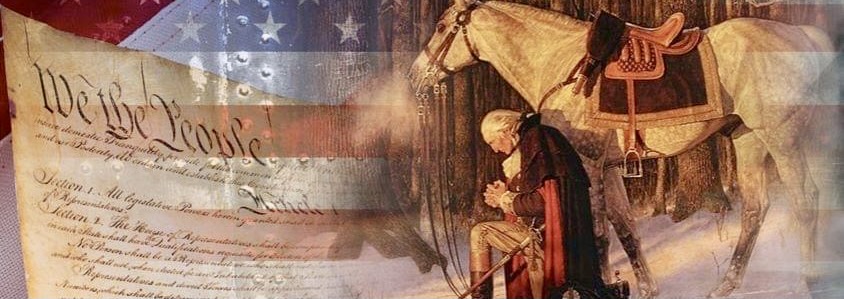Commerce Secretary Declares Fishery Disasters For Nine West Coast Species

U.S. Secretary of Commerce Penny Pritzker has determined there are commercial fishery failures for nine salmon and crab fisheries in Alaska, California and Washington. This decision enables fishing communities to seek disaster relief assistance from Congress.
In recent years, each of these fisheries experienced sudden and unexpected large decreases in fish stock biomass. Most people are wondering if it’s due to the continuing Fukushima radiation that continues to dump thousands of gallons of highly radioactive water off Japan’s coast every single day. The radioactive water plume follows the water currents and travels along the coasts of Alaska, Canada, Washington, Oregon and California.
In 2016, the pink salmon harvests in Kodiak, Prince William Sounds, Chignik and lower Cook Inlet came in woefully under forecast and stumped biologists as to why.
The estimated value of Kodiak’s 2016 haul was $2.21 million, compared to a five-year average of $14.64 million, and in Prince William Sound the ex-vessel value was $6.6 million, far less that the $44 million five-year average. The total state harvest was the smallest since the late 1970s.
In Alaska:
- Gulf of Alaska pink salmon fisheries (2016)
In California:
- California Dungeness and rock crab fishery (2015-2016)
- Yurok Tribe Klamath River Chinook salmon fishery (2016)
In Washington:
- Fraser River Makah Tribe and Lower Elwha Klallam Tribe sockeye salmon fisheries (2014)
- Grays Harbor and Willapa Bay non-treaty coho salmon fishery (2015)
- Nisqually Indian Tribe, Jamestown S’Klallam Tribe, Port Gamble S’Klallam Tribe, and Squaxin Island Tribe South Puget Sound salmon fisheries (2015)
- Quinault Indian Nation Grays Harbor and Queets River coho salmon fishery (2015)
- Quileute Tribe Dungeness crab fishery (2015-2016)
- Ocean salmon troll fishery (2016)
“The Commerce Department and NOAA stand with America’s fishing communities. We are proud of the contributions they make to the nation’s economy, and we recognize the sacrifices they are forced to take in times of environmental hardship,” said Samuel D. Rauch III, deputy assistant administrator for regulatory programs, NOAA Fisheries. “We are committed to helping these communities recover and achieve success in the future.”
Under the Interjurisdictional Fisheries Act and the Magnuson-Stevens Fishery Conservation and Management Act, the Commerce Secretary can determine a commercial fishery failure due to a fishery resource disaster, which then provides a basis for Congress to appropriate disaster relief funding to provide economic assistance to affected fishing communities, including salmon and crab fishermen, affected by the disaster.
If Congress appropriates funds to address these fishery failures, NOAA will work closely with members of Congress and affected states and tribes to develop a spending plan to support activities that would restore the fishery, prevent a similar failure, and assist affected communities.







Comments are Closed